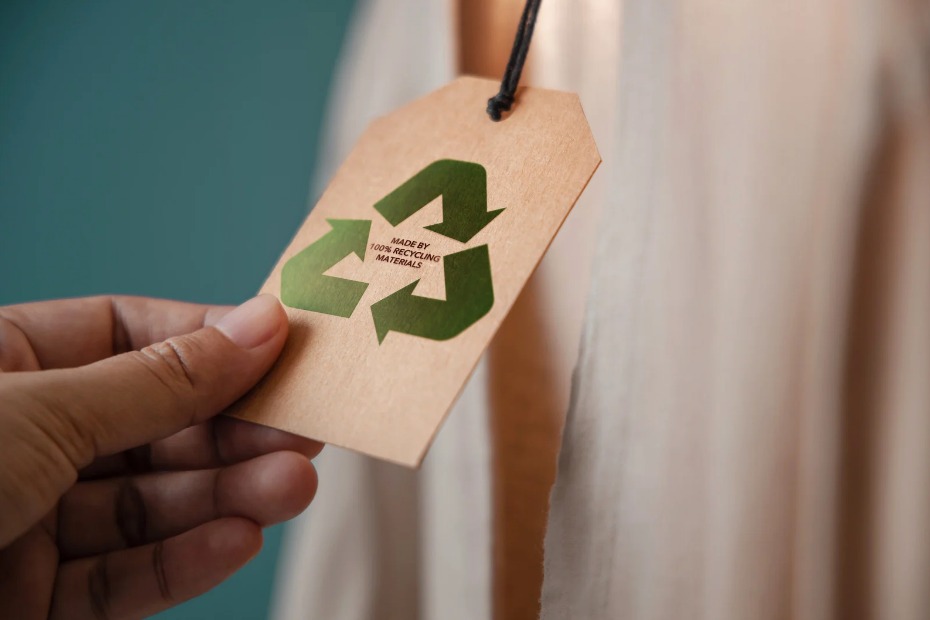The Critical Importance of Recycling Polyester and Cotton
The Critical Importance of Recycling Polyester and Cotton: A Sustainable Future

The Critical Importance of Recycling Polyester and Cotton: A Sustainable Future
In an era where sustainability is more than a buzzword, the fashion and textile industries are making significant strides toward eco-friendliness. Among the most impactful changes is the increased focus on recycling polyester and cotton, two of the most commonly used fabrics. Here's why recycling these materials is not just beneficial but essential for a sustainable future.
Resource Conservation: Recycling polyester and cotton helps conserve precious natural resources. For polyester, recycling reduces the demand for new petroleum, decreasing the environmental footprint of the textile industry. For cotton, it means less water and fewer chemicals are used, mitigating the adverse environmental impacts associated with cotton farming.
Energy Savings: The process of recycling fabrics is generally less energy-intensive than producing new fibers. For example, recycled polyester (rPET) production can save up to 50% of the energy compared to virgin polyester. Similarly, recycling cotton can reduce the need for the energy-intensive processes involved in growing and processing new cotton.
Reduction in Waste: Textile waste is a growing problem, with millions of tons of clothing ending up in landfills each year. Recycling polyester and cotton diverts these materials from landfills, reducing the volume of waste and the associated environmental hazards. This not only helps manage waste more effectively but also promotes a circular economy where materials are continuously repurposed.
Decreasing Pollution: Recycling reduces the pollutants released during the production of new fabrics. For polyester, this means fewer microplastics and less chemical runoff contaminating our ecosystems. For cotton, it means a decrease in pesticide and fertilizer usage, leading to cleaner soil and water.
The recycling of polyester and cotton is not just a trend but a crucial component of a sustainable future. By conserving resources, saving energy, reducing waste, and decreasing pollution, recycling these fabrics addresses some of the most pressing environmental challenges. As consumers and industries work together to embrace and expand textile recycling, we move closer to a world where fashion and sustainability coexist harmoniously.
